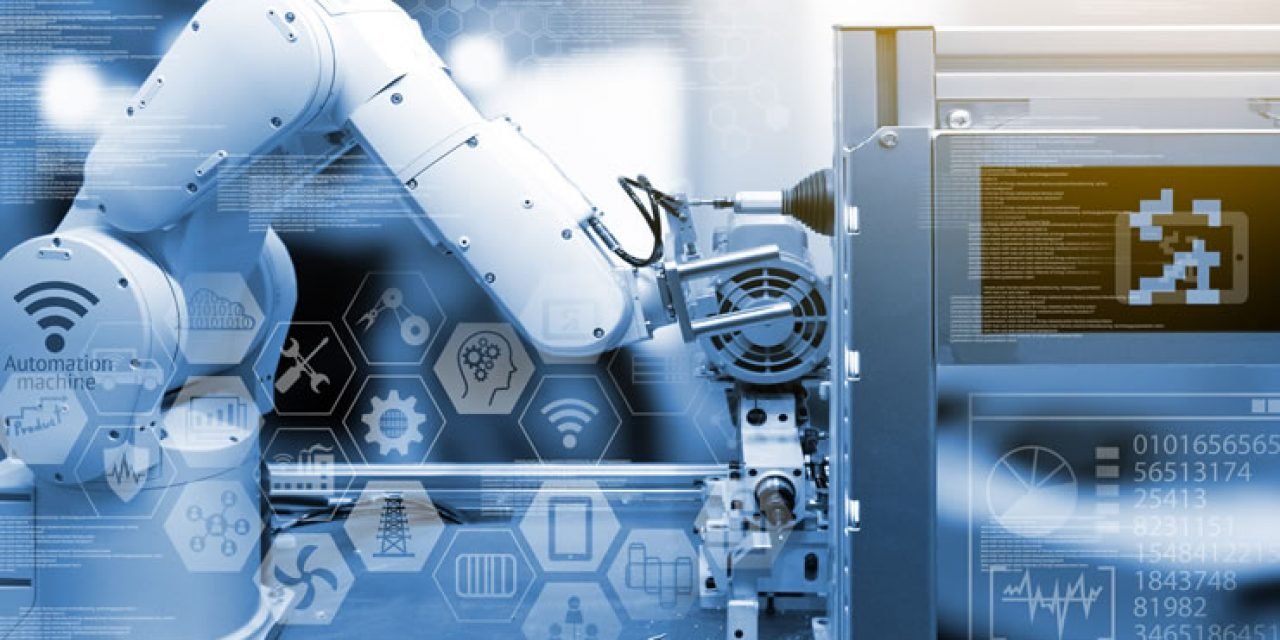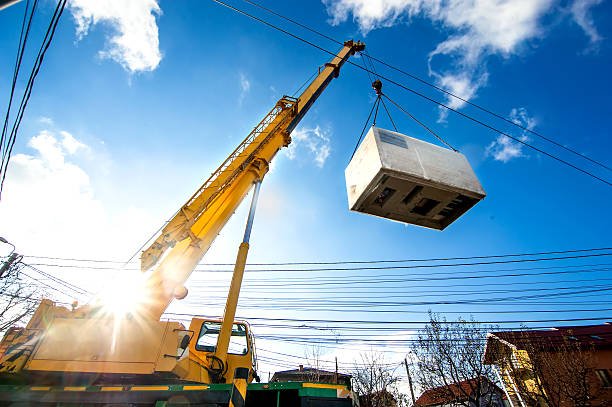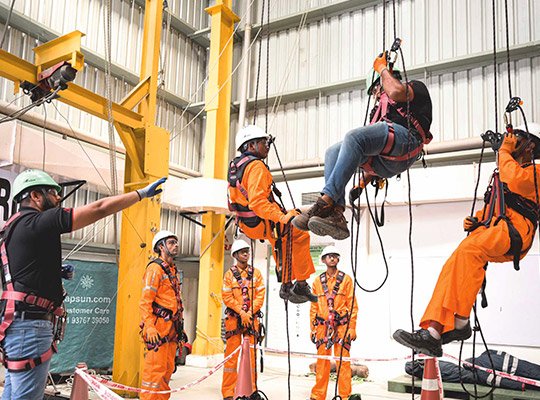Digitalization & Industry 4.0 in Oil & Gas (AI, Big Data, IoT) One Day USD: 150/- and Two Day USD: 250/- Per Pax
Description
1. Introduction to Digital Transformation in Oil & Gas
-
Understanding Industry 4.0 and its impact on the energy sector
-
Evolution from traditional operations to smart, data-driven systems
-
Benefits: efficiency, safety, sustainability, and cost reduction
2. Key Technologies Driving Industry 4.0
-
Artificial Intelligence (AI) and Machine Learning (ML)
-
Internet of Things (IoT) and Industrial IoT (IIoT)
-
Big Data and advanced analytics
-
Cloud computing, automation, and robotics
3. Artificial Intelligence Applications
-
Predictive maintenance and equipment monitoring
-
AI in exploration (seismic data interpretation)
-
Production optimization and process automation
-
AI-driven safety management and incident prediction
4. Big Data and Advanced Analytics
-
Data collection, integration, and management
-
Real-time analytics for decision-making
-
Predictive and prescriptive analytics for operations
-
Challenges of data quality, governance, and cybersecurity
5. Internet of Things (IoT) in Oil & Gas
-
Smart sensors and connected assets
-
Real-time monitoring of pipelines, wells, and equipment
-
IoT-enabled HSE management and environmental monitoring
6. Digital Twin Technology
-
Concept and benefits of digital twins in oil & gas
-
Asset performance management using digital replicas
-
Lifecycle optimization from design to decommissioning
7. Robotics and Automation
-
Use of drones, ROVs, and autonomous systems in operations
-
Automated drilling and inspection systems
-
Enhancing safety by reducing human exposure to hazards
8. Cloud Computing and Edge Computing
-
Cloud-based platforms for data integration and collaboration
-
Edge computing for real-time field analytics
-
Scalability, cost, and data security considerations
9. Cybersecurity in Digital Oilfields
-
Key threats to digital infrastructure
-
Best practices for securing IoT and SCADA systems
-
Building a resilient cyber defense strategy
10. Workforce Transformation and Digital Skills
-
Changing roles and competencies in the digital era
-
Upskilling and reskilling for Industry 4.0 technologies
-
Human–machine collaboration and leadership in digital culture
11. Sustainability and Digitalization
-
Leveraging technology for carbon footprint reduction
-
Smart energy management and emissions monitoring
-
Supporting ESG and net-zero goals through digital tools
12. Module Summary and Future Outlook
-
Recap of digital technologies and their strategic value
-
Case study: digital transformation in an oil & gas major
-
Discussion on emerging innovations and next-generation energy systems






